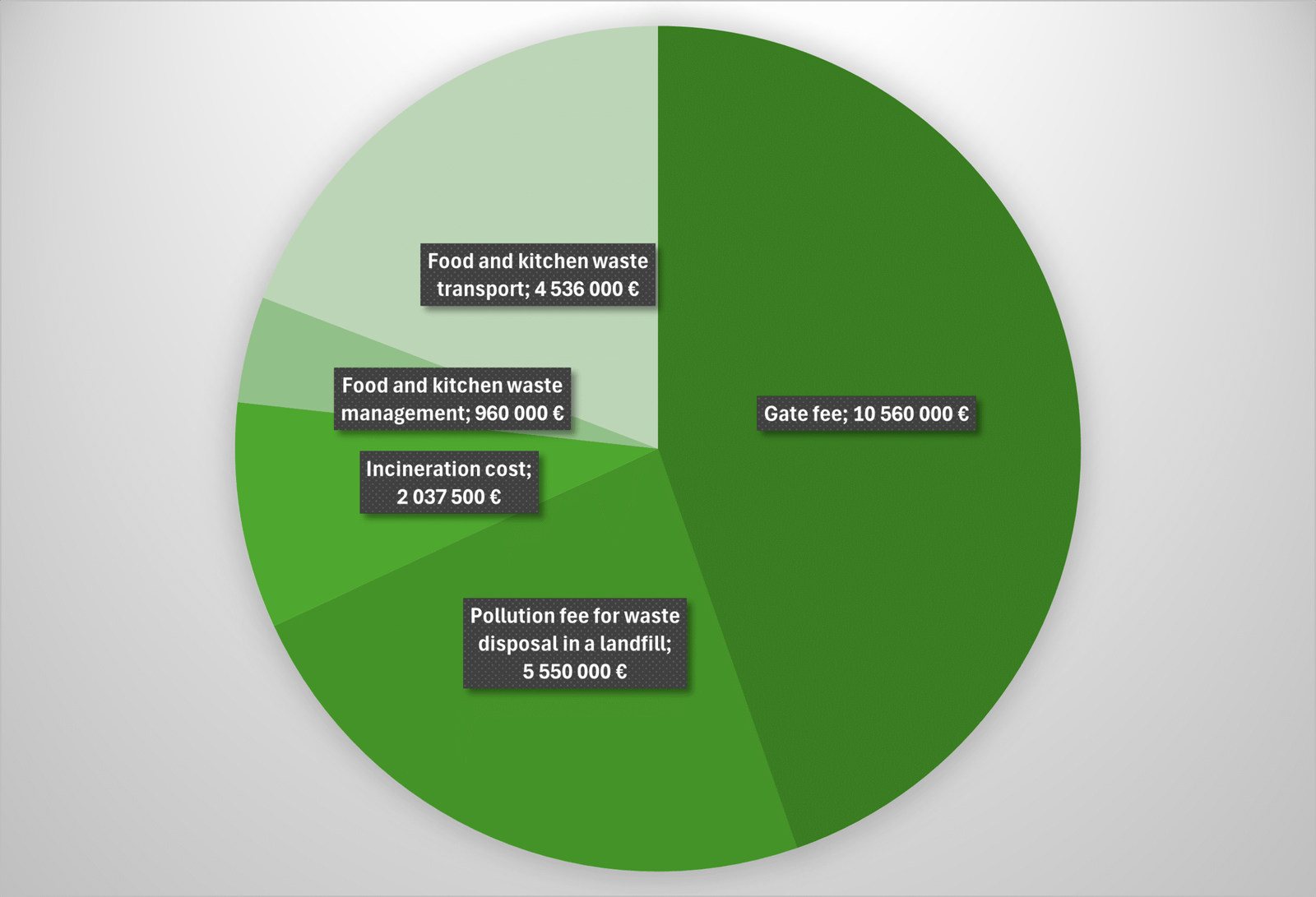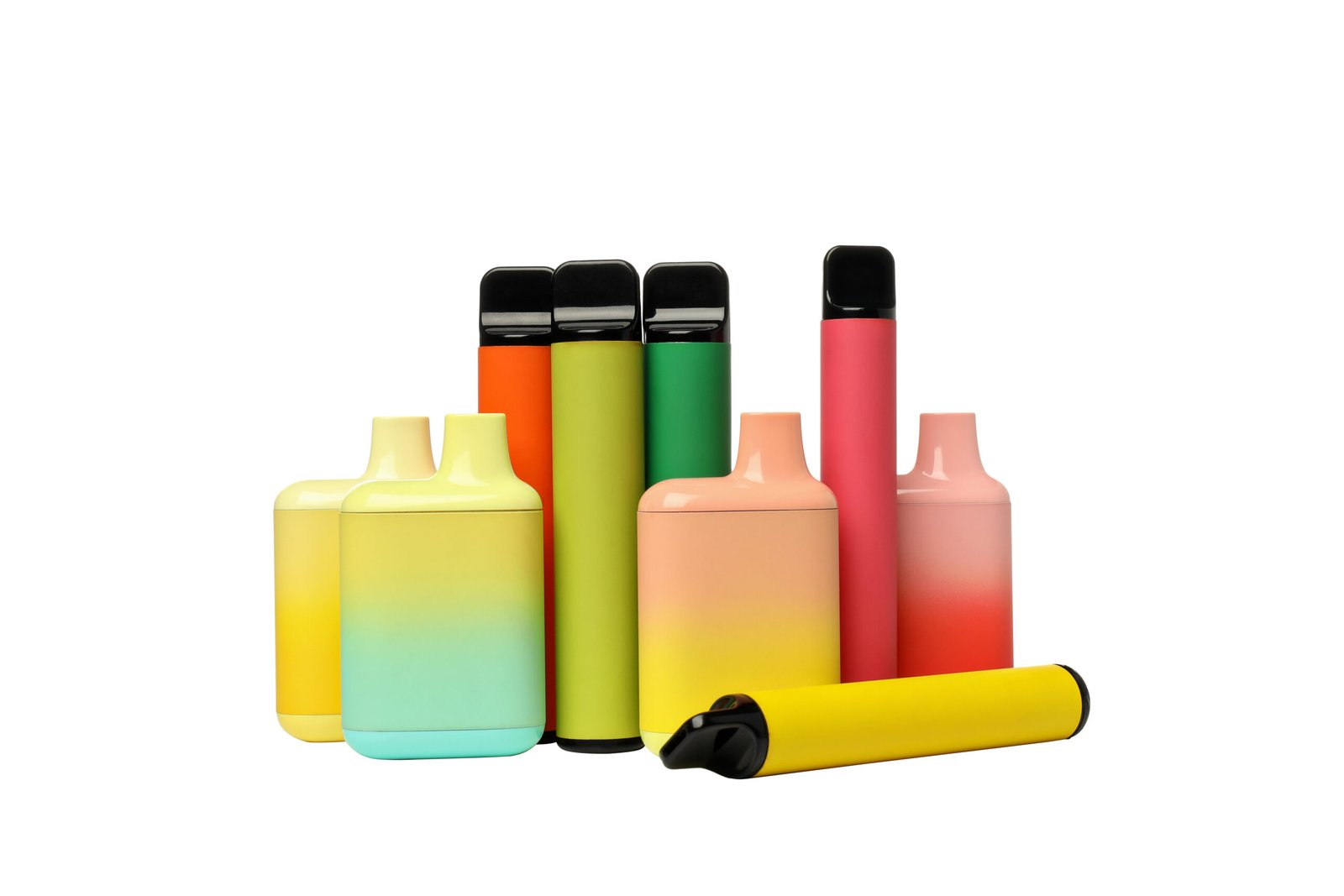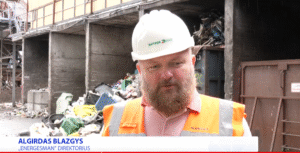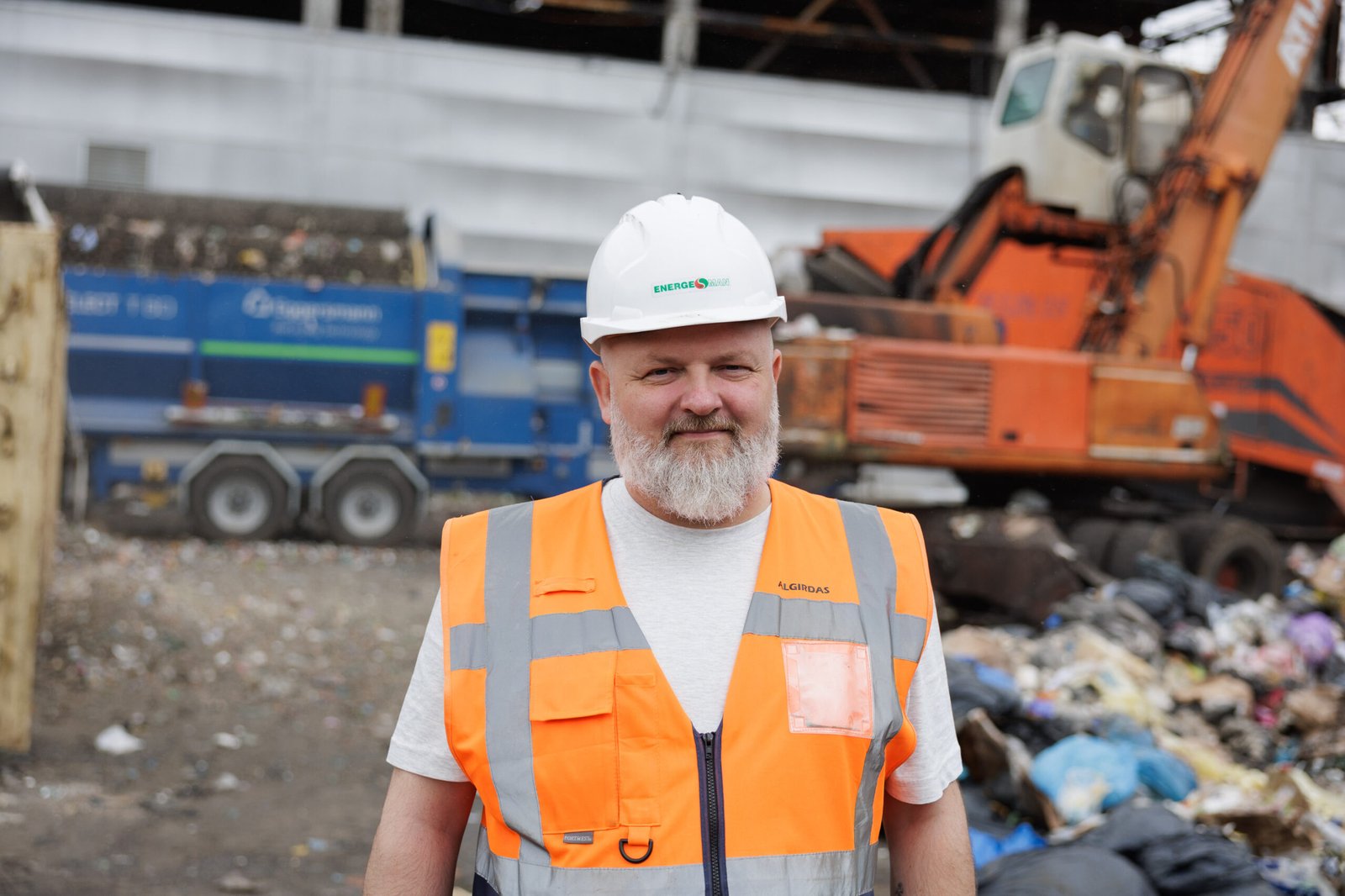Every year, our efficient work helps households in the Vilnius region save money. By comparing the costs of our plant with other regional mixed waste sorting centres (MBA), we see a clear result: we save the region EUR 23.6 million annually – that’s about EUR 73.4 for every household.
How do we achieve these savings?
1 | Gate fee | For a ton of mixed municipal waste we accept, we are paid the lowest price in all of Lithuania: we receive EUR 51.56 (plus VAT), compared to EUR 106 in Kaunas and EUR 104 in Klaipeda. | Saving EUR 10.6 million |
2 | Pollution fee for waste disposal in a landfill | We make maximum use of waste, so we send little of it to the landfill. Last year, we sent only 19.4% of waste (unsuitable and technical compost) to the landfill, while this indicator exceeds 50% in Lithuania as a whole. | Saving EUR 5.5 million |
3 | Incineration cost | For a ton of waste delivered for incineration, we have negotiated a lower rate with Vilnius Cogeneration Plant than that set by the State Energy Regulatory Council (VERT). We pay EUR 32.5 instead of EUR 48.8 per ton of waste. | Saving EUR 2.0 million |
4 | Food and kitchen waste management | We process residents’ food and kitchen waste free of charge using an innovative larvae technology installed at our own expense. In other regions, the process of this waste costs EUR 80 per ton. | Saving EUR 1.0 million |
5 | Food and kitchen waste transport | Since food and kitchen waste is delivered in orange bags together with mixed waste – no separate collection or transport is required. | Saving EUR 4.5 million |
| Total annual savings: | EUR 23.6 million |
When we divide the saved amount by the 322,118 households in the Vilnius region, it equals EUR 73.4 saved per each household every year.
Without our efficient solutions, residents’ waste management bills would be that much higher.
We work to turn waste into value – and ensure every resident in the region feels the benefit!




